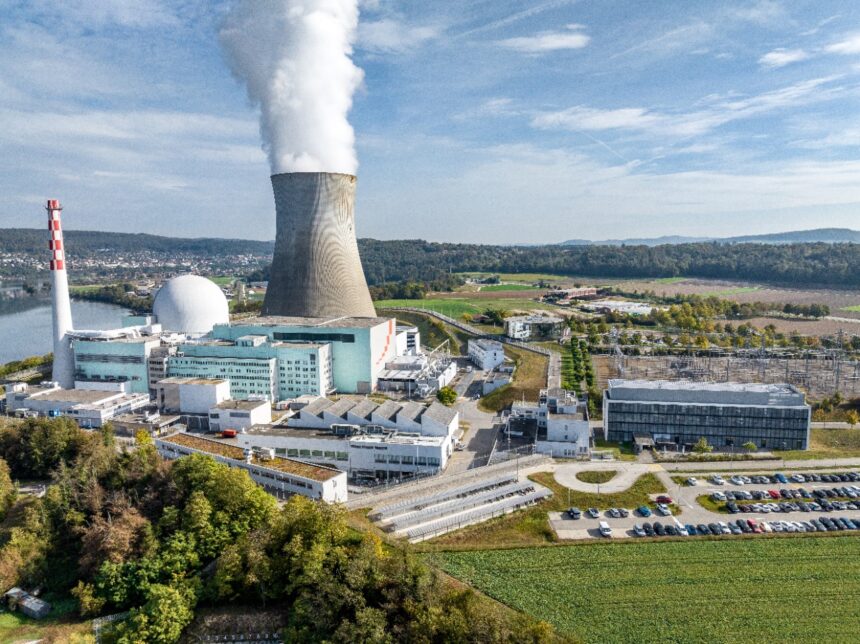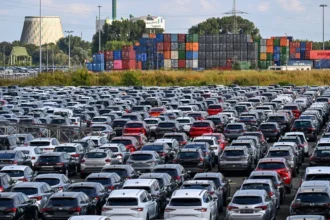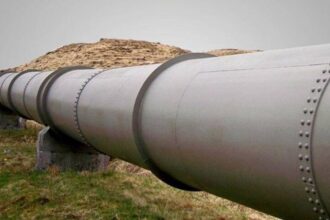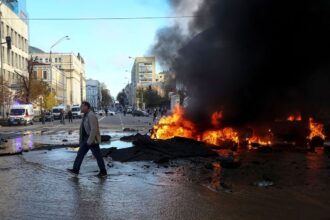Switzerland is signaling a major shift in its energy policy, moving to lift the decades-old ban on constructing new nuclear power plants. The decision comes amid growing concerns over energy security, rising electricity prices, and the need to meet climate goals while ensuring a stable supply for households and industry.
A Turning Point in Swiss Energy Policy
Since the 2011 Fukushima disaster in Japan, Switzerland has maintained a de facto moratorium on new nuclear facilities, focusing instead on renewable energy sources like hydro, wind, and solar. Existing plants have been allowed to operate until the end of their lifespans, but construction of new reactors was prohibited.
Recent developments, however, suggest a reversal of this policy. Lawmakers and energy officials argue that nuclear power is essential to ensure Switzerland can meet its electricity needs without relying excessively on imports or fossil fuels. The proposed policy change would allow the country to plan and potentially build new, modern nuclear reactors, complementing the ongoing expansion of renewable energy.
Why Switzerland Is Reconsidering Nuclear
Several factors are driving this shift:
- Energy Security
Europe has faced unprecedented energy instability following geopolitical tensions and disruptions in natural gas supply. Switzerland, although less dependent on imports than some neighbors, recognizes the vulnerability of relying heavily on intermittent renewable sources. Nuclear energy provides a stable, predictable base load of electricity. - Rising Electricity Costs
Swiss households and businesses have experienced sharp increases in electricity prices in recent years. The government sees new nuclear power plants as a way to stabilize costs over the long term, reducing exposure to volatile fossil fuel markets. - Climate Goals
Nuclear power generates electricity with near-zero carbon emissions. Expanding nuclear capacity could help Switzerland meet its 2050 net-zero emissions target while maintaining industrial competitiveness. - Technological Advancements
Modern reactor designs, including small modular reactors (SMRs), offer improved safety, efficiency, and flexibility. Policymakers are increasingly convinced that nuclear technology has evolved sufficiently to mitigate the risks that motivated the original ban.
Political and Public Considerations
Lifting the nuclear ban will require broad political support, as well as public backing. Historically, Swiss citizens have been cautious about nuclear energy, particularly in the wake of international disasters. Lawmakers are now engaged in extensive consultations, weighing the long-term benefits against safety concerns and the challenges of waste disposal.
Opponents argue that the focus should remain on accelerating renewable energy adoption and investing in energy efficiency measures, rather than returning to a controversial energy source. Proponents counter that without nuclear, Switzerland risks energy shortages and rising emissions.
Economic Implications
Building new nuclear facilities would be a multi-billion-dollar investment, creating jobs in construction, engineering, and high-tech sectors. Additionally, the projects could strengthen Switzerland’s position as a leader in advanced reactor technology, potentially opening opportunities for exports and international collaboration.
At the same time, the high upfront costs and long development timelines remain a concern. Policymakers will need to balance immediate energy demands with the decades-long horizon required for nuclear projects to come online.
Looking Ahead
Switzerland’s move to reconsider nuclear power marks a significant recalibration of its energy strategy. By combining nuclear with renewables, the country hopes to achieve a resilient, low-carbon energy system capable of meeting future demand while containing costs.
Analysts suggest that the decision could influence other European nations weighing the balance between energy security and sustainability, particularly in light of ongoing geopolitical tensions and energy price volatility.
For Switzerland, lifting the nuclear ban represents more than a policy change — it is a bold step toward ensuring energy stability in an increasingly uncertain world.














